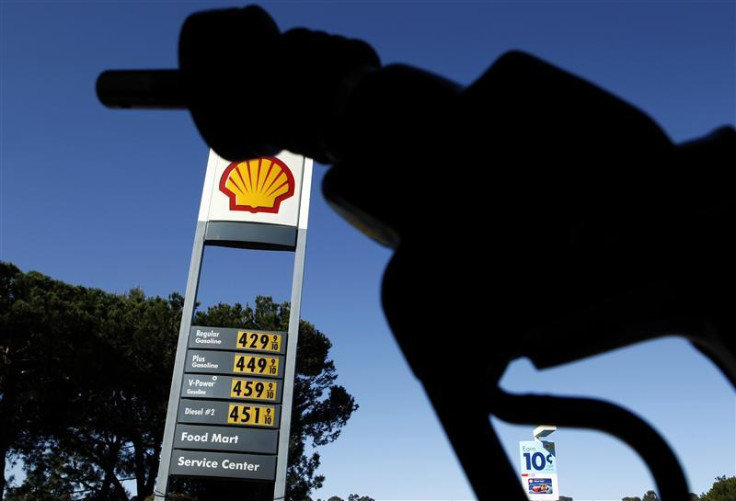France Joins UK and US in Strategic Oil Reserve Talks
The UK, the US and France are in favour of a strategic oil release.

France has joined the UK and the US in talks to explore a possible release of strategic oil reserves to contain rising oil prices, the French energy minister has disclosed.
Earlier, there were reports that the UK and the US were planning to seek release of emergency oil reserves to stem the spiralling oil prices that is affecting the US economy in an election year.
Oil prices in France and the US are on a record high and both the countries are facing the electorate in 2012 to choose a new leadership.
France will be electing its new president in a two-phased election in April and May and Obama is seeking a second term in November.
International oil prices have gone up 15 per cent in 2012 and the leaders of the oil importing nations are already facing the heat of the rising prices in their domestic economies.
While the UK, the US and France are in favour of a strategic oil release, others like Germany and Italy are not seeing any need for it at present.
In the case of Germany, an emergency oil release is required when there is a physical disruption in oil supplies.
The Germans do not perceive any threat currently to the physical supply of oil.
"The German law on oil provisions says emergency reserves can only be released in the case of physical disruption to supplies. In our view, there is no physical shortage at the moment," a government spokeswoman told reporters.
Emergency oil releases are coordinated by the Paris-based International Energy Agency, a body which represents 28 industrialised nations on energy policy and is based on the assumption that oil markets face a shortage of crude.
The IEA has authorised only three coordinated releases since its inception in 1974 with the latest in June 2011 during the Libyan civil war.
Saudi Arabia, the largest oil producer in the world, is of the view that the feared shortage in oil supplies is a myth and the country is willing and able to meet any shortfall in supplies.
"It is an irrational fear, a fear without basis," wrote Ali al-Naimi, the minister of petroleum and mineral resources in Saudi Arabia, in an opinion piece in the Financial Times.
"Supply is not the problem, and it has not been a problem in the recent past. There is no rational reason why oil prices are continuing to remain at these high levels," the minister said in the column.
A Reuters survey indicated that global supplies are already down by more than a million barrels per day due to outages in Yemen, Syria, South Sudan and the North Sea.
Brent May crude fell 71 cents to $124.83 a barrel by 0254 GMT on and US crude was down 60 cents to $106.73, amid reports of release of oil reserves.
© Copyright IBTimes 2025. All rights reserved.





















